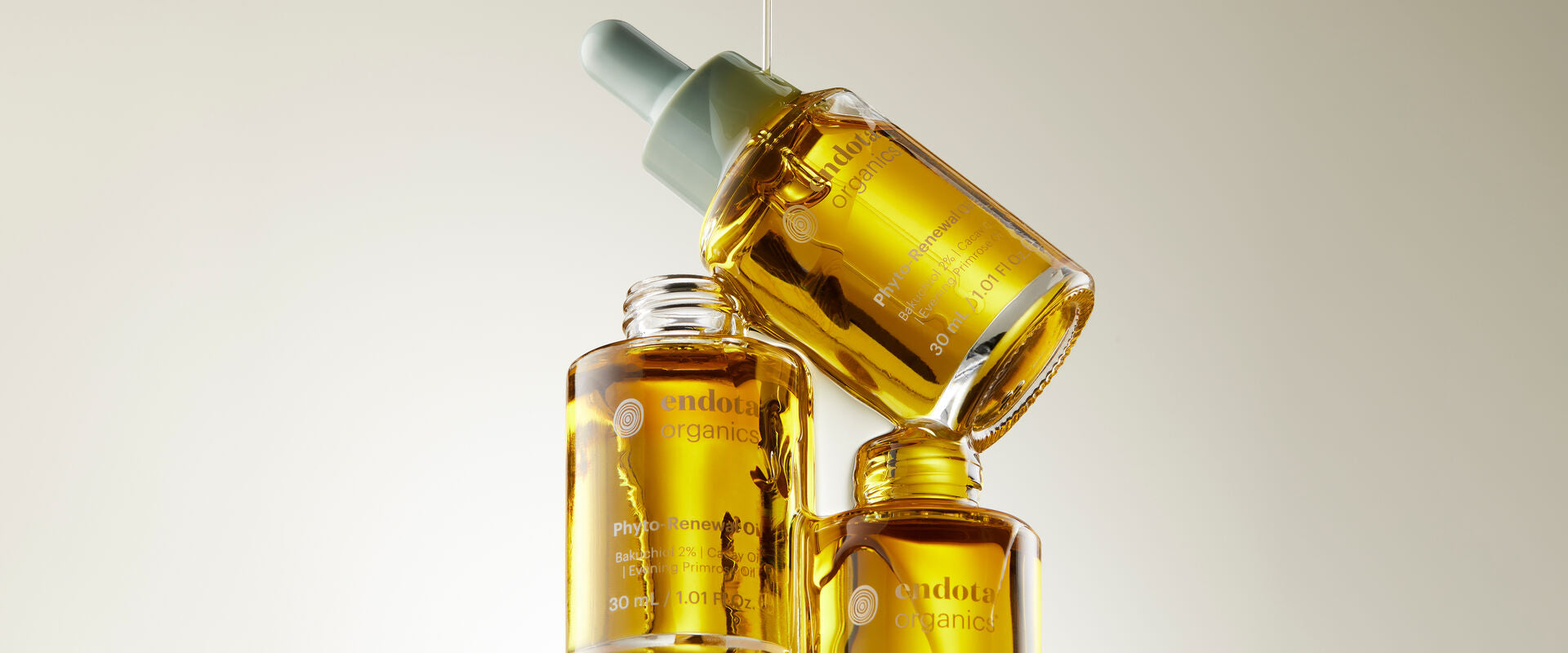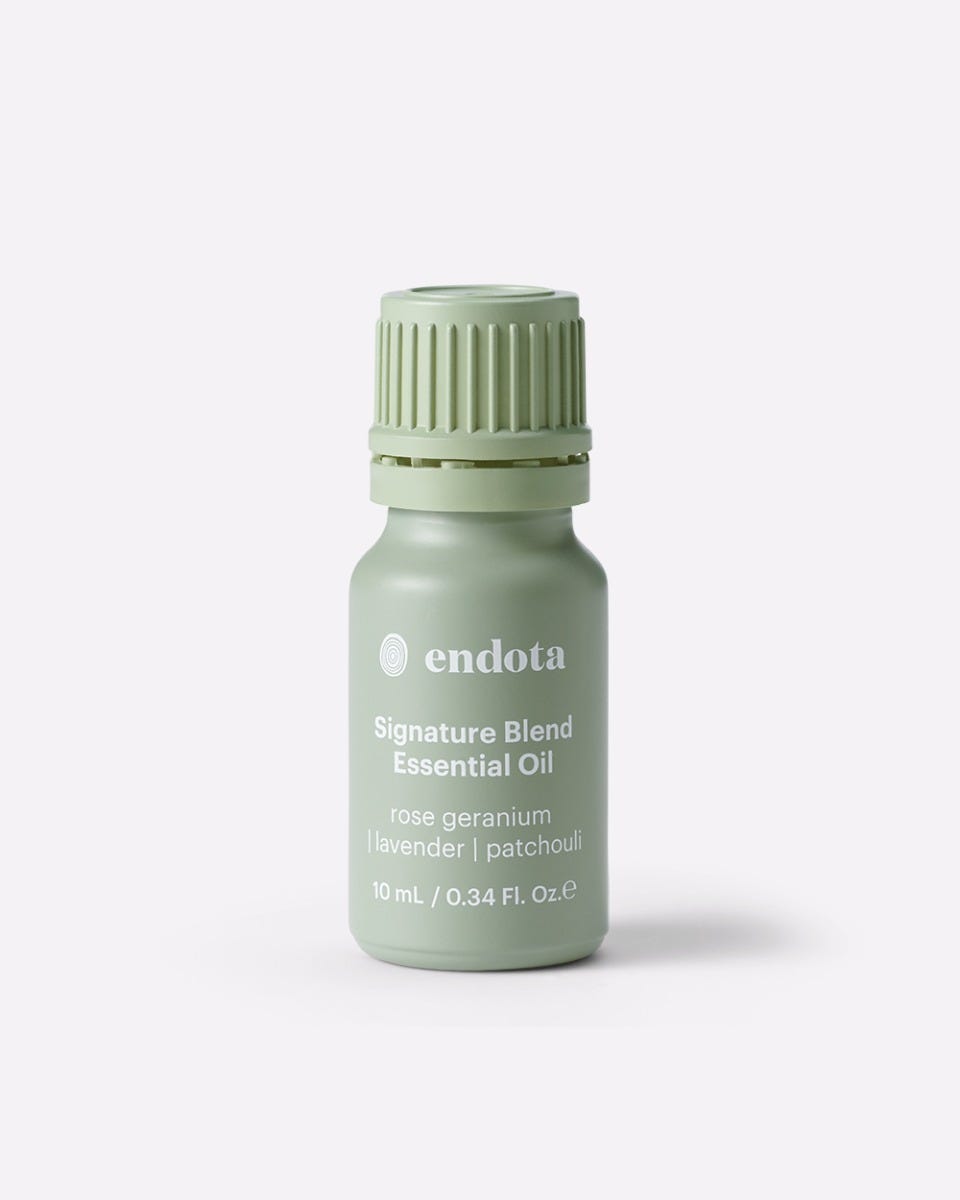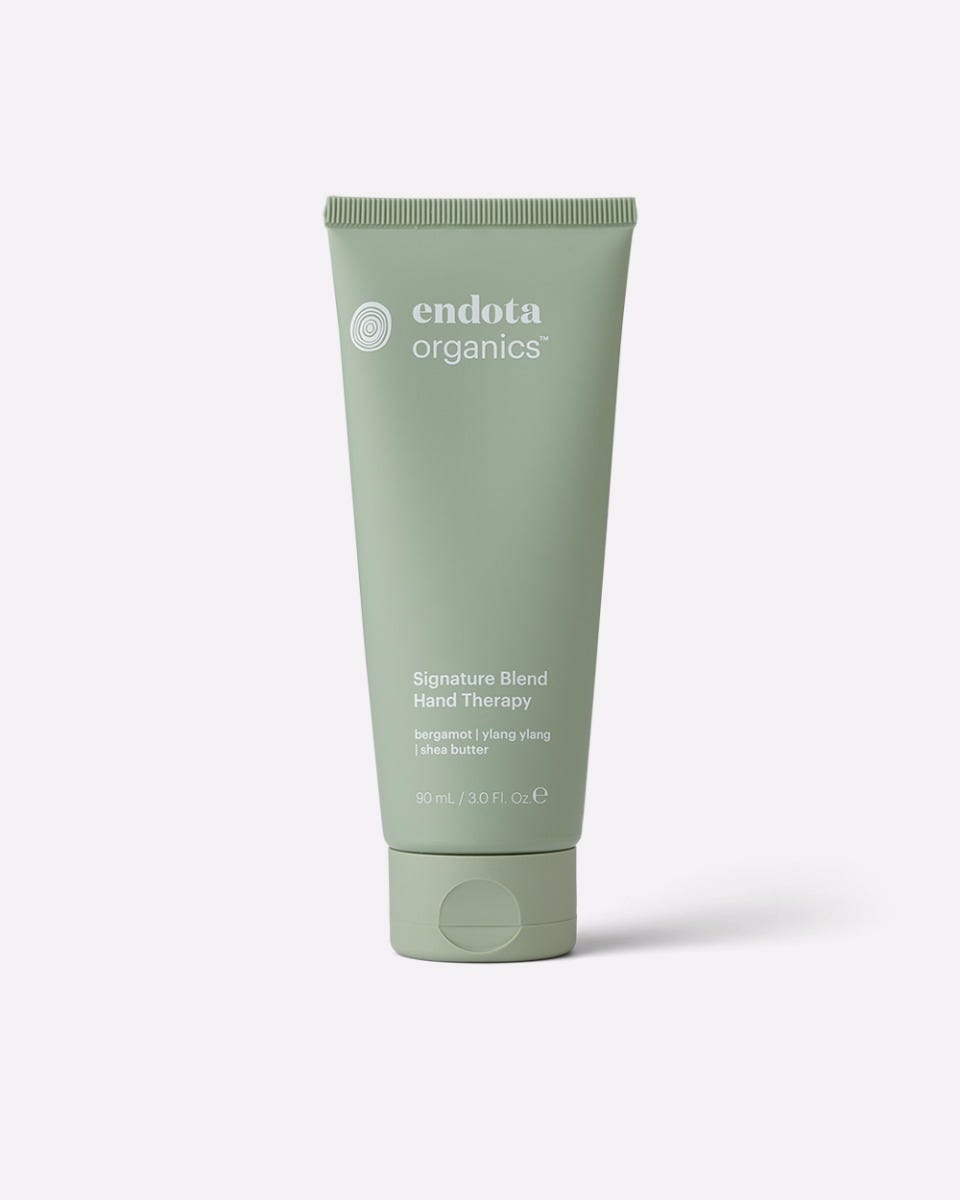Retinol has caused quite a stir on the skincare scene in recent years — and for good reason. Its effects span everything from promoting a healthy glow, improving skin texture and reducing acne to diminishing the appearance of fine lines, wrinkles, enlarged pores and hyperpigmentation. In short, using retinol for your skin can yield bright, smooth and radiant results.
It is clear retinol has benefits and, as big believers in using plant-based skincare where possible, we’re curious about vitamin A-rich alternatives to retinol. The question is, can natural retinol formulas measure up to traditional retinol?
what does retinol do?
Retinol is a form of vitamin A and an active ingredient added to topical skincare products. It’s lauded as a wonder product for its ability to:
- Decrease the signs of ageing skin and restore suppleness and plumpness. It does this by targeting free radicals found in the skin’s middle layer — the dermis — which becomes less effective over time at maintaining moisture, elastin and collagen.
- Encourage skin cell regeneration. Our cellular turnover also slows as we age, and retinol assists with this process.
- Have an exfoliating effect on the skin, which helps smooth the skin, unclog pores to reduce pore size and improve the appearance of acne.
However, if you’re considering using retinol for your skin, it’s worth noting traditional retinol can lead to redness, irritation and even flaking in some people — especially those with sensitive skin.

how to use retinol
Given its uniqueness as a skincare product, you might be wondering how to use retinol. Here are some tips for maximising retinol benefits:
- Like all skincare, retinol should be patch-tested before use: it’s best to apply the product to a small area of your face and then wait a few days to ensure there’s no flaking or irritation.
- Use retinol twice a week initially before slowly moving to every second night so your skin has a chance to adjust to the ingredients and reduce the risk of an adverse reaction.
- As part of your skincare ritual, retinol should be applied after cleansing with a gentle, non-exfoliating cleanser. You don’t need much: a pea-sized amount should be enough. Follow with your favourite hyaluronic serum and nourishing moisturiser to help calm and hydrate your skin.
- Traditional retinol increases photo-senstivity and should only be used at night to minimise the risk of sun damage. Sunscreen during the day is essential regardless of whether you’re using retinol for your skin or not.
introducing natural retinol
Natural retinol is a fantastic alternative to traditional retinol for those looking to enhance their skin using a plant-based product. These alternatives typically contain compounds such as beta-carotene and other potent antioxidants for deep nourishment and profound anti-ageing effects.
Studies show that Bakuchiol, an ingredient derived from plants, mimics the effects of retinol by improving the appearance of fine lines, wrinkles and hyperpigmentation while stimulating cell turnover to improve skin brightness, firmness and elasticity.
A 12-week clinical study published in the British Journal of Dermatology found Bakuchiol is better tolerated than traditional retinol: none of the participants in the study experienced photosensitivity, and none reported skin irritation, redness or sensitivity after using Bakuchiol. In other words, they enjoyed retinol benefits with a plant-based formula.

Our Phyto-Renewal Oil contains 2% Bakuchiol as well as a selection of other natural retinol ingredients and naturally derived botanicals to give your skin the nurturing it needs without the irritation. Unlike traditional retinol, this retinol alternative is plant-based and vegan, creating a gentle, non-phototoxic formula — meaning it can be used daily, both morning and night as desired.
naturally derived active botanicals
In addition to Bakuchiol, our Phyto Renewal Oil is rich in Cacay oil, a form of vitamin A that comes from the nut of the Cacay tree. Cacay oil encourages cell renewal and reduces fine lines and wrinkles. It’s also rich in Linoleic Acid, an essential fatty acid that imbues the skin with plumpness and moisture.
This super-charged natural retinol alternative contains 14 plant-based oils, carefully selected for their capacity to stimulate cell turnover for brighter skin while improving skin firmness and texture.
Grapeseed oil and Rose Otto oil help protect against free radical damage, while Evening Primrose oil, Rosemary oil, Cypress oil and Frankincense oil help to soothe your skin and address any breakouts. Sea Buckthorn oil has a smoothing and firming effect, and Neroli oil stimulates skin renewal. Carrot Seed oil is rich in vitamin A for improved skin tone and elasticity, while Bergamot oil has a brightening and balancing effect.
In addition to the many functional benefits, Lemon, Frankincense, Bergamot, Lavender and Neroli oils combine to create a functional scent that is equal parts grounding, calming and uplifting.
Each of these ingredients has been extracted through cold-pressed, steam-distilled or CO2 methods, which ensures the formula is infused with whole plant nutrients.
the verdict on natural retinol
Natural retinol is a formidable alternative to traditional retinol. Our Phyto-Renewal Oil is a hydrating, glow-inducing, collagen-boosting, anti-ageing, non-irritating, vegan retinol formula for clearer, more radiant skin, offers the same traditional retinol benefits while being completely natural.
For those with sensitive skin or who simply prefer using plant-based ingredients, natural retinols provide a gentle yet powerful addition to your skincare routine.










